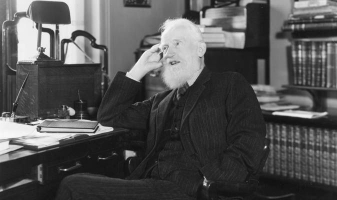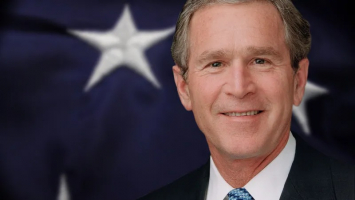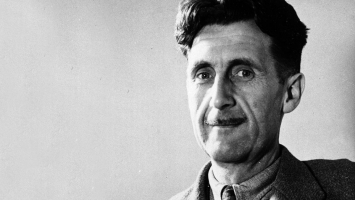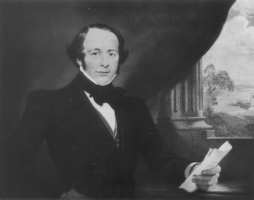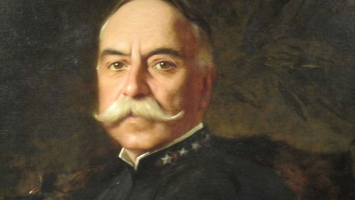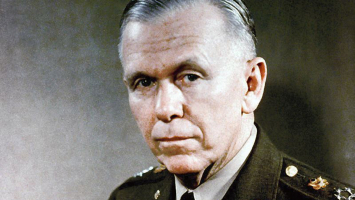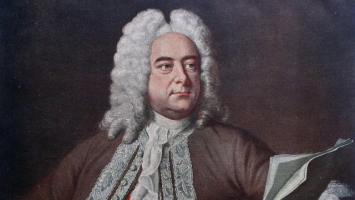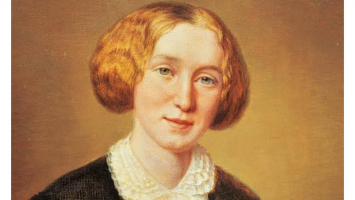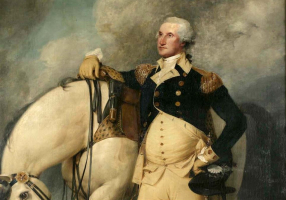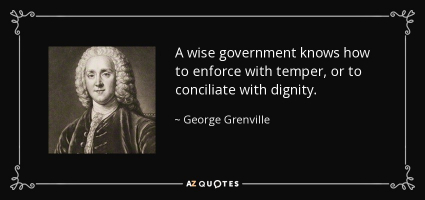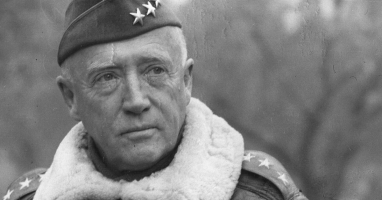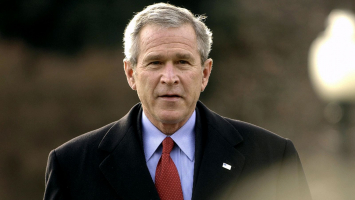Top 8 Interesting Facts about George Whitefield
George Whitefield was a preacher in the Church of England. He was one of the Methodist movement's pioneers. Because he spoke in a different manner than priests ... read more...from the Old World, colonists enjoyed hearing him lecture about love and forgiveness. As a result, new missionary efforts to convert Indians to Christianity began throughout the Americas. He contributed to the development of the evangelical movement, which was founded on the notion that salvation could be attained by trusting in Jesus and abiding by the Bible's teachings. Here are some interesting facts about George Whitefield.
-
Perhaps many people have already known that Whitefield had a cross-eyed (Strabismus) vision but It definitely cannot make him less great. The image of this celebrated Anglican clergyman, known as "the Father of the Great Awakening," and this PBS documentary's account of him provide light on why preachers who offended and made their listeners unhappy with themselves attracted audiences. “Slender, cross-eyed, and handsome, George Whitefield was an Anglican priest and powerful orator with the charismatic appeal.”
George was aware that good preaching differs from a public reading at a bookstore as others were reading their sermons from prepared papers. He spoke from memory or extemporaneously, using gestures that the more austere New England preachers deemed overly theatrical. But people have a sneaking suspicion that there could have been more to his achievement. Perhaps his eyes communicated a real human being, someone who couldn't hide behind being just attractive or thin, a man who weak, sensitive people wouldn't mind hearing an honest word that upset them or made them unhappy with their own pretense-based games of posturing. For many people, such eyes may be a weak point, but it really does not affect the image of Whitefield when he possesses a pair of cross-eyed vision.
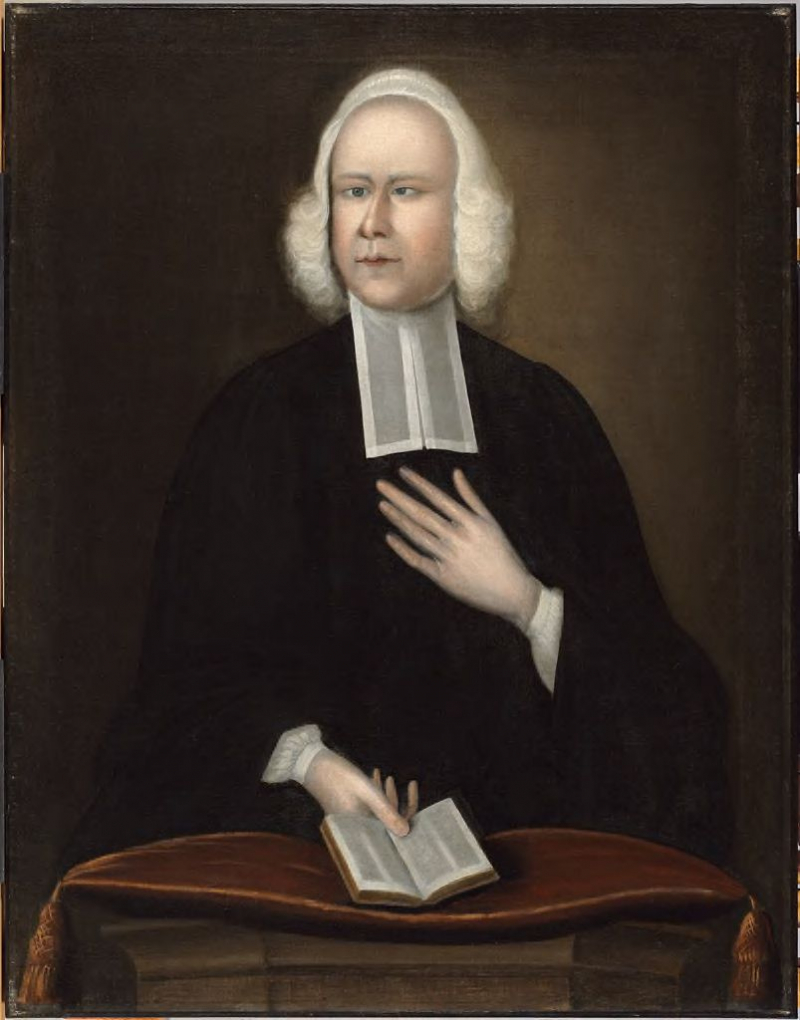
Source: wikipedia 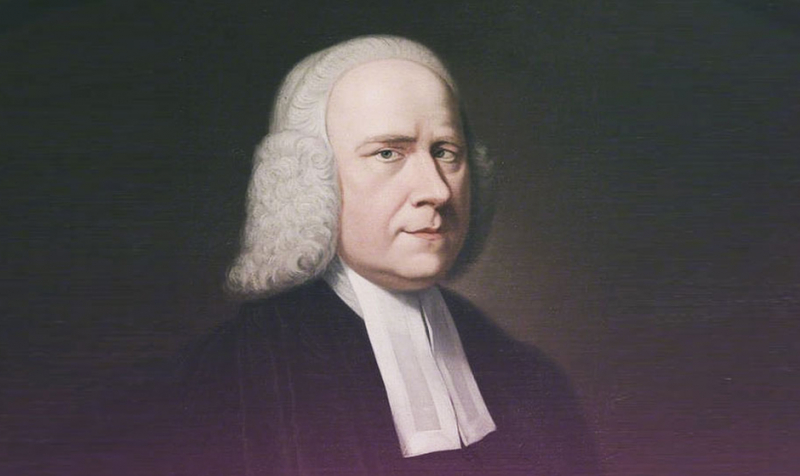
Source: newburyportchamber -
George Whitefield had a wonderful voice that drew audiences, which is one of the interesting facts about George Whitefield. His obsessive nature combined with his ability to readily hold an audience made him a compelling speaker. Perhaps this explains why he quickly became well-known. His preaching had an influence on common people in Bristol, London, and Bath, which is where it all began. Some people came to the festivities to witness his oratory.
The voice of George Whitefield made many skilled actors envious. Like no other, he was adept at keeping a crowd's interest. Though as a young lad he had dreamed of being an actor, God had other plans for George to use his voice. After accepting the Lord Jesus Christ as his personal savior, George went on to share the gospel with a large audience in the UK, the US, and across the rest of the world. He was the first to deliver a sermon to American slaves. Additionally, it is believed that he delivered more than 18,000 sermons throughout his life.
There is still disagreement over how huge the audiences that George Whitefield drew to the Methodist revivals in London actually were. An acoustic approach can accurately determine his maximum crowd size since he claimed that the size of his audiences was constrained by the range of his voice. Whitefield is said to have had one of the loudest on-axis sound pressure levels ever measured using Benjamin Franklin's Philadelphia acoustic experiment. His minimum understandable region in London is determined using computer acoustic simulations based on this value. Under perfect acoustic circumstances, Whitefield may have reached 50,000 people simultaneously, whereas under pessimistic circumstances, his maximum audience size is expected to be 20,000 people.
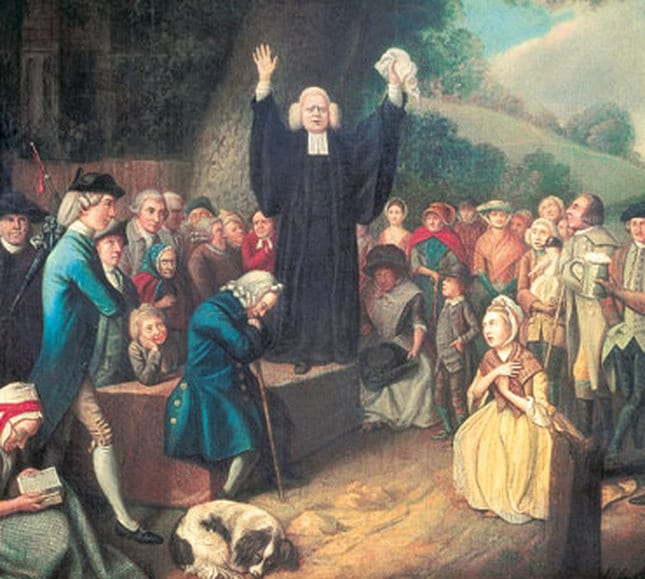
Source: williampfarley 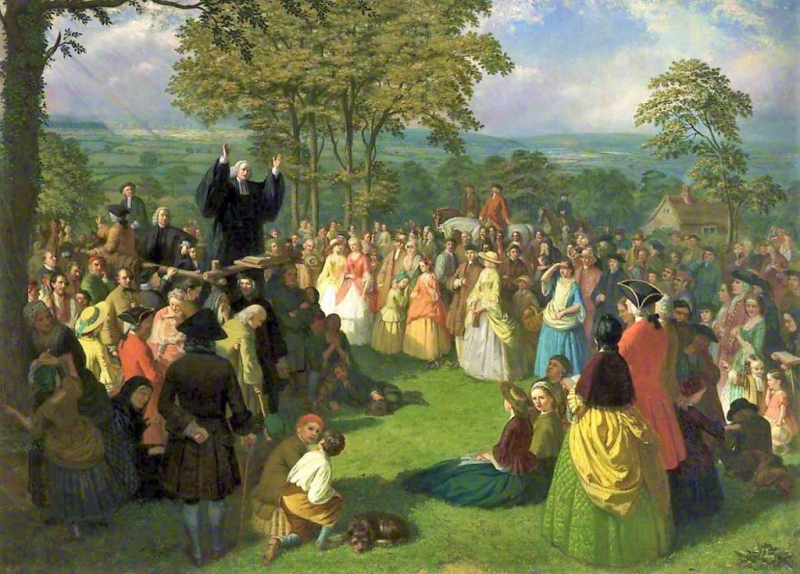
Source: thefounding -
Even though he was spreading the gospel, not everyone was moved by his accomplishments. Some of them wanted to kill him and his followers because they were so against him. In reality, he frequently dealt with vicious crowds, yet he was unfazed by their acts.
Whitefield's preaching journey from 1739–1740 played a major role in igniting the Great Awakening in America. The evangelist, who was barely 25 years old, swept the country. More than the whole population of Boston, 23,000 people attended Whitefield's final sermon on Boston Common. It was most likely the biggest gathering to ever congregate in America. Before becoming a Christian, Whitefield fasted to the point where it damaged his health. As a result, he was forced to spend seven weeks in bed by a doctor's instructions.
At both Harvard and New Haven College (Yale), Whitefield gave sermons. It was stated that "The College is completely altered" at Harvard. The students are brimming with God. However, the top academics at Harvard later published a booklet criticizing Whitefield. Brutal crowds occasionally attacked Whitefield and his supporters, maiming individuals and exposing women to the elements. Whitefield was stoned once till he was almost dead, and he also got three letters containing death threats.
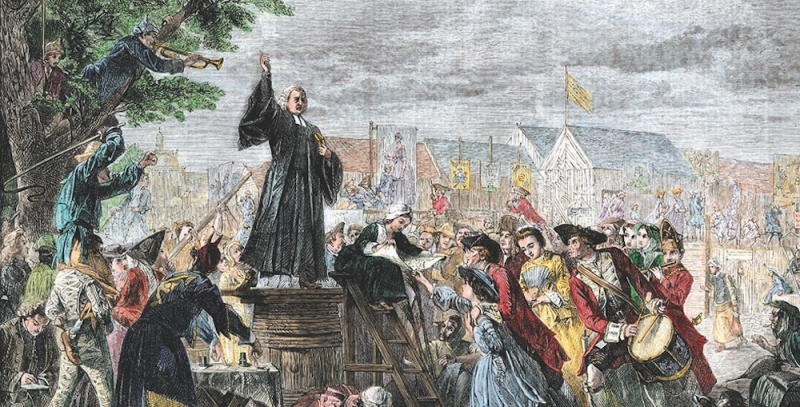
Source: drivethruhistory 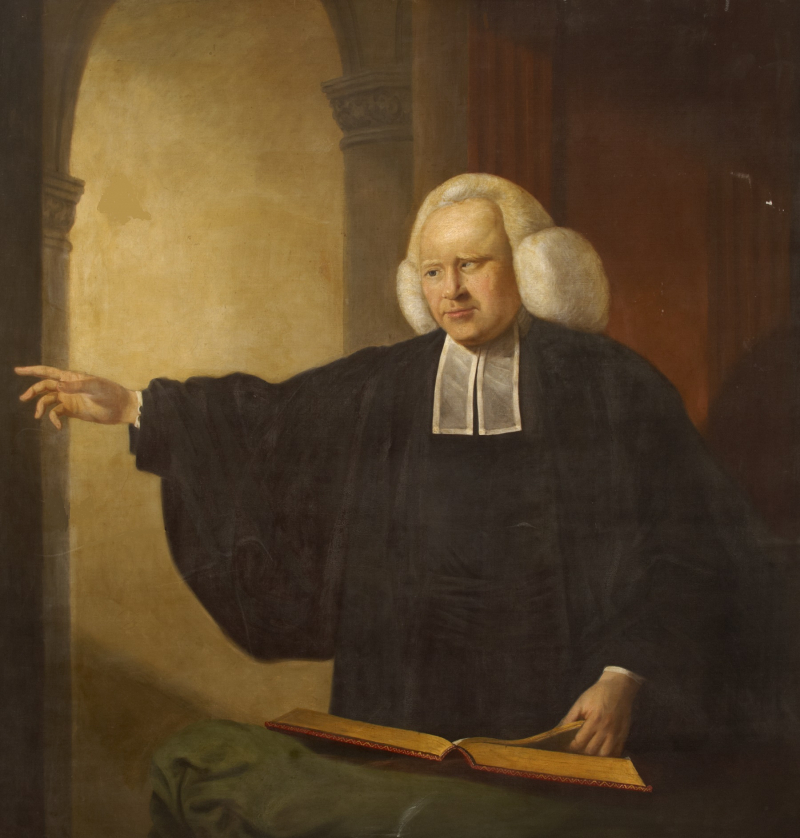
Source: wesleysheritage -
You might be surprised to learn about this interesting fact about George Whitefield that he was America's first celebrity. It's likely that if this topic were presented to someone, the responses would center on politicians, singers, actors, and actresses. Because of his involvement in the church at that time, George Whitefield rose to prominence in America. According to reports, he was widely known to more than 80% of the American colonists. They had at least once heard of George Whitefield's preaching, which is an interesting detail about him. At the time, being acknowledged by so many Americans was a great honor. His name would be mentioned in the same breath as royalty.
Whitefield received his deacon's ordination in the Church of England on June 26, 1736. He had a reputation as a very accomplished speaker when he started preaching in the pulpits. Whitefield experimented with extemporaneous preaching, commonly referred to as preaching without notes, during these sermons. However, Whitefield did not become well-known until he paired impromptu preaching with a different novel method: field preaching. Although Whitefield didn't originate open-air preaching, he did combine it with speaking from memory to create a sensation. But this should not downplay his message; rather it was his skill as a preacher which drew crowds. And he did sketch them. In the end, Whitefield traveled to America on seven preaching missions. He was an itinerant preacher, which meant that he had no fixed place of worship and instead traveled. He did this in Scotland and England, but his greatest success came in the colonies.
The first well-known figure in the American colonies was Whitefield. He was able to accomplish this in part because of how far he went around the colonies and how many people saw him. Because nearly every colonist saw or knew him throughout his lifetime, he may be considered the first celebrity. And in doing so, he unwittingly assisted the colonists in taking the first baby step away from England. He served as the first uniting influence in America by traversing so many of the colonies. Everyone shared common knowledge of and affection for Whitefield. The American Revolution saw the colonists come together once more as they fought against England less than ten years after Whitefield's passing.
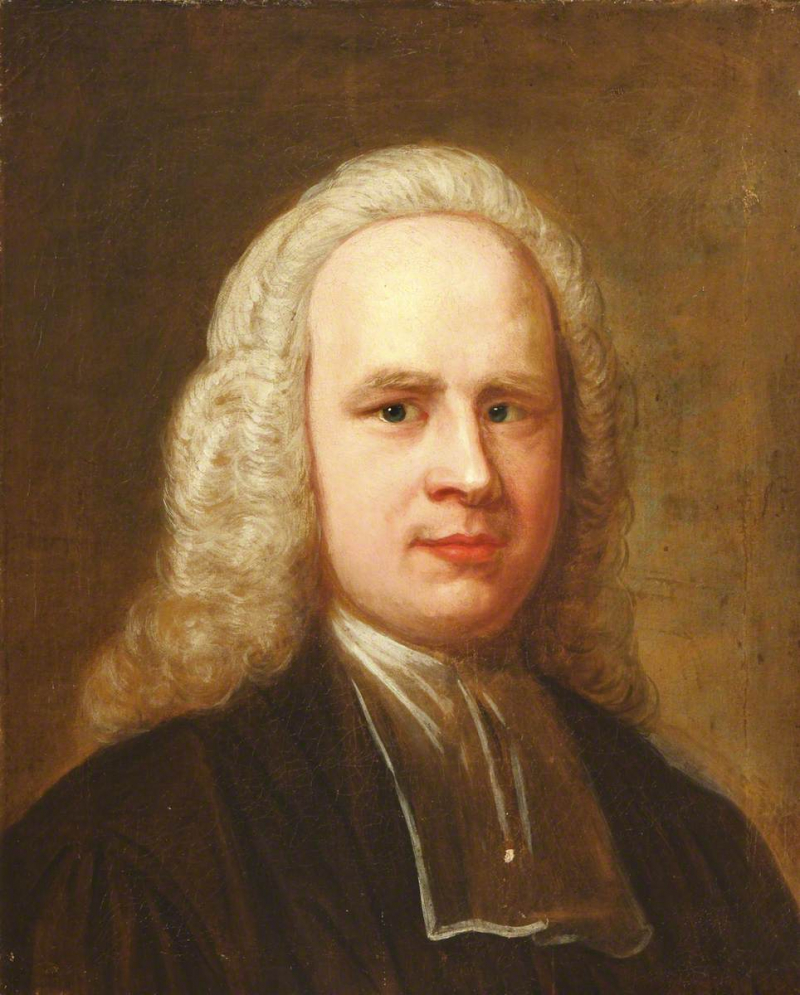
Source: artuk.org 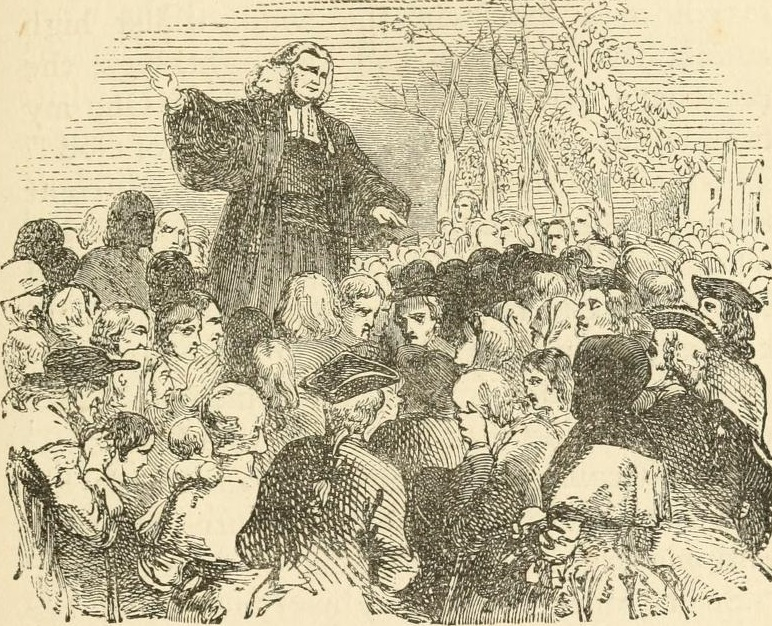
Source: thearda -
One of the interesting facts about George Whitefield that you may not know. During enslavement, Whitefield's career reached its pinnacle. At this period, it was uncommon to see a white person conversing openly with slaves, much less preaching to them. Whitefield, however, defied this "law" by delivering the gospel to them. He maintained his mission by traveling to America around seven times.
We find no remedy in "man of his times" ignorance when it comes to George Whitefield, an English evangelist to the American colonies whose ministry attracted tens of thousands, occasionally in a single visit, to hear his extraordinary preaching gift and passionate and dramatic articulation of God's grace. Early in his career, Whitefield railed against slavery and the practice of keeping slaves. He advocated that slaves not only be treated well but also evangelized and that their children be catechized and nurtured in the church, in contrast to many of his peers at the time. This means that Whitefield's earlier beliefs bear prophetic witness in opposition to his later and longer-held positions. The man knew better.
He is no longer just a "man of his times," but rather, something happened or changed in his attitude about slavery. Perhaps the development of his platform is all there is to it. His power and reputation increased along with his popularity. Some of his fans actually gave him slaves, possibly in an effort to curry favor, perhaps out of true admiration, or as part of a plan to alter his opinion.
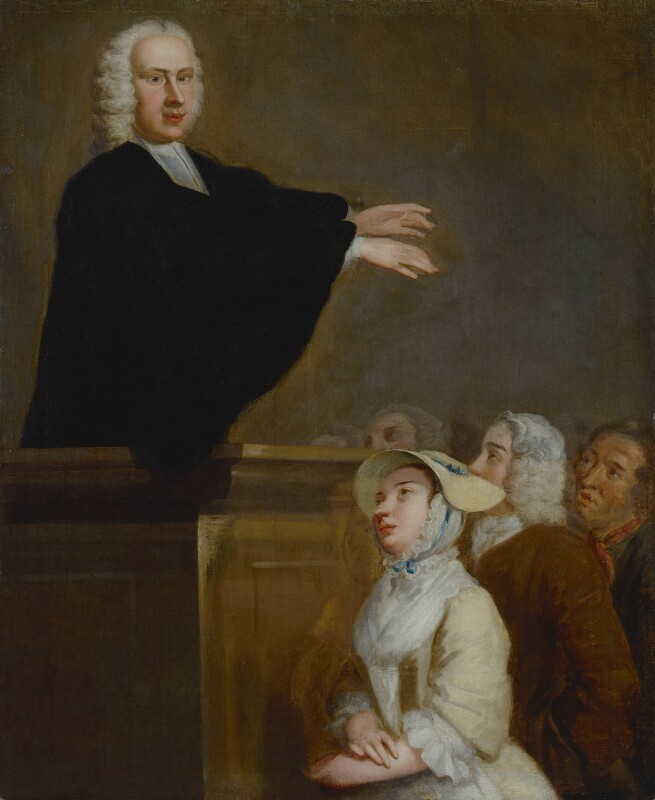
Source: npg.org.uk 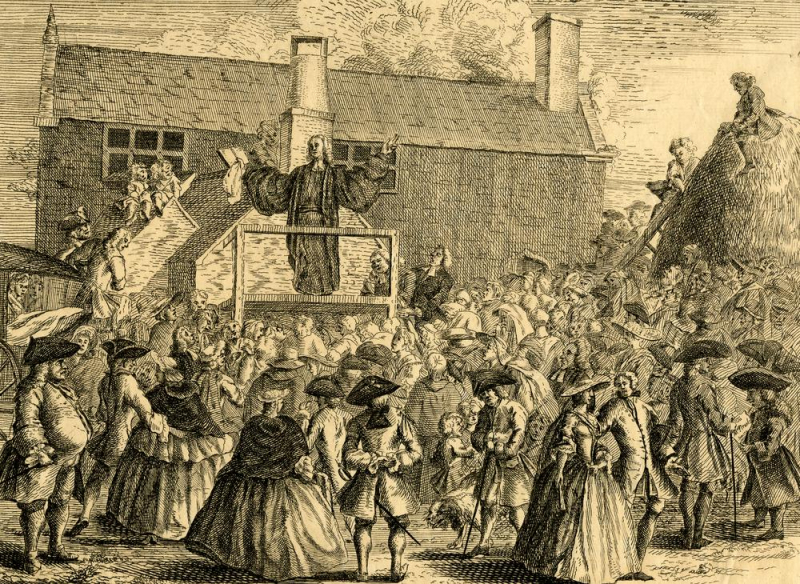
Source: britishmuseum -
If you enjoy learning about history, particularly American history, you've probably heard about the Great Awakening. Between the years 1730 and 1740, there was a time when there were Christian revivals. This movement had a huge historical impact on the British colonies and had a long-lasting influence on Protestantism. At the time, George Whitefield was already a highly effective preacher. Therefore, it seems sensible to think that he was crucial to this Evangelical Revival. The 1739–40 trip, which he completed at the age of just 25, was the most successful campaign. During his final speech, he brought a throng of 23,000 people to Boston Common. Before this occasion, there has never been a greater gathering in America.
British pastor George Whitefield made a vital contribution to the Great Awakening. Whitefield preached his sermon while traveling around the colonies along the Atlantic coast. Whitefield traveled 5,000 miles throughout America in a single year while giving more than 350 sermons. He had an engaging, dramatic, and expressive approach. During his sermons, Whitefield would frequently shake and proclaim the word of God. Thousands of people gathered to listen to him speak. Whitefield preached to slaves, common folk, and American Indians. No one was out of reach. Even the atheist Benjamin Franklin was enthralled by Whitefield's preaching, and the two men grew close. English colonists were persuaded to join local churches by Whitefield's popularity, which also revived their once-dwindling Christian faith.
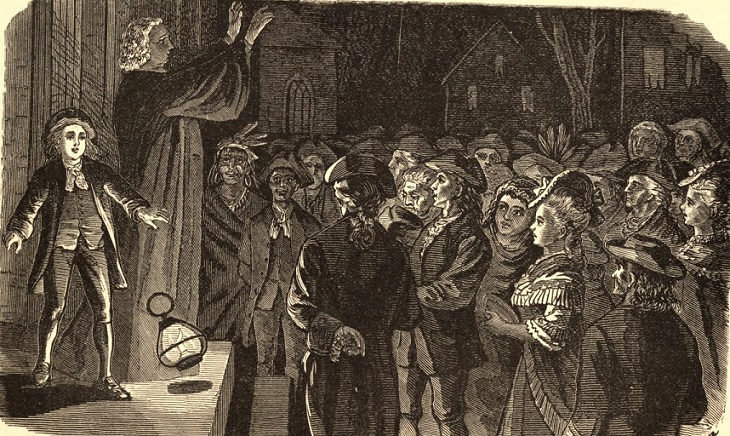
Source: thearda 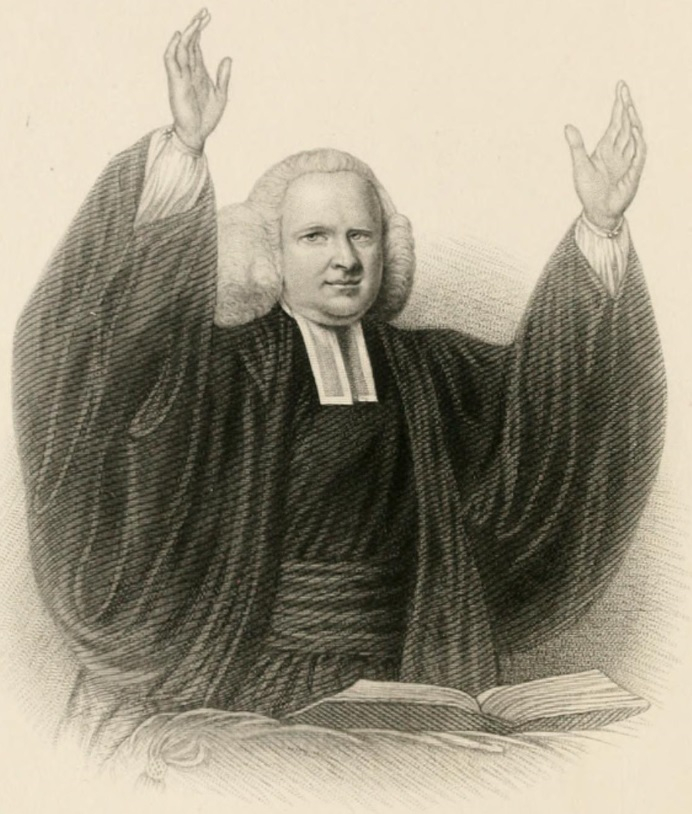
Source: thearda -
The Methodist movement was started by John Wesley in the 18th century as a means of reforming the Church of England. However, George Whitefield founded the first-ever Methodist organization. Whitefield's ideas formed the majority of the tactics and methodologies used in this civilization. John Wesley was summoned to Bristol by George Whitefield to speak to the Kingswood Chase colliers, who endured the most appalling living and working circumstances. Wesley accepted the offer and soon found himself preaching outside much against his will. The Methodist Revival got its start with this project. Wesley and Whitefield initially collaborated but subsequently fell out of favor due to Whitefield's belief in double predestination (the belief that God has determined from eternity whom he will save and whom he will damn). Wesley claimed that the love of God was universal and viewed this as a false notion.
By the end of the 19th century, there were 450,000 members of the Wesleyan Methodist Church. Its rise was most pronounced in the burgeoning industrial sectors, where the Methodist religion assisted both male and female workers in overcoming adversity and reducing poverty. Their economic standing tended to improve since their faith motivated them to live simply. As a result, Wesleyan Methodism developed into a middle-class religion that was susceptible to the Victorian era's excessive emphasis on the individual in both material and spiritual problems. Some people think that Whitefield, who was also one of the early founders of the Methodist movement, had a greater impact on the creation of Methodism than John Wesley. Whitefield, who is well-known for his involvement in the American Great Awakening, also preached outside, which was unheard of at the time.
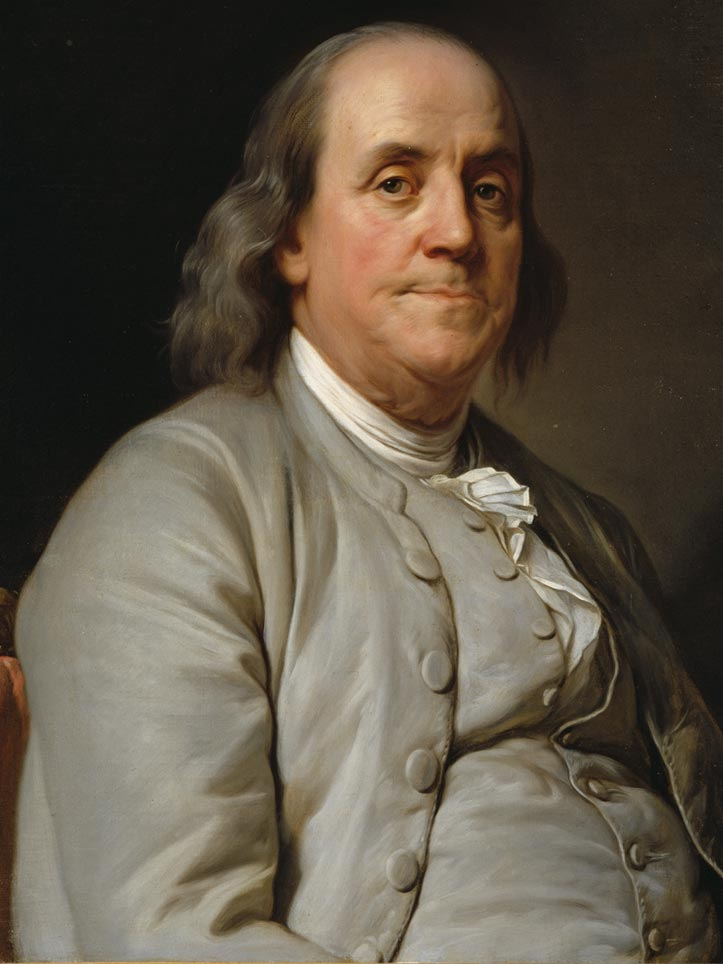
Source: landmarkevents 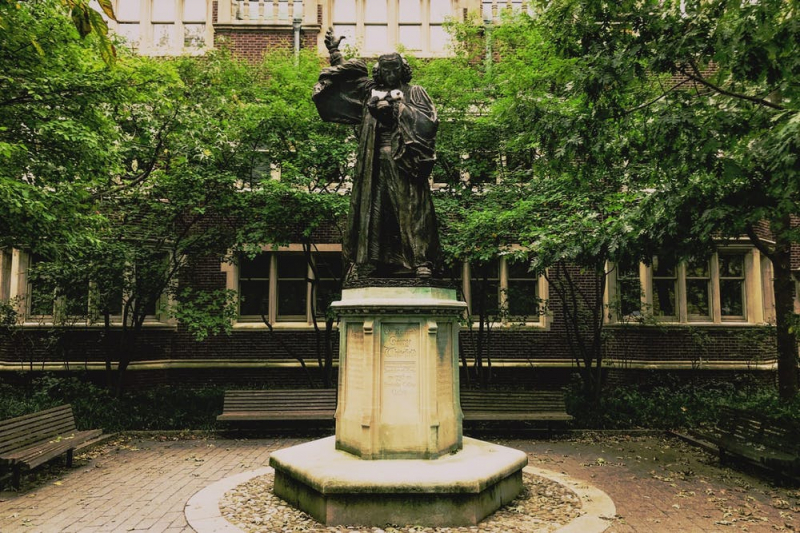
Source: thedp -
Newspapers referred to George Whitefield as the "age's miracle." The most well-known religious person of the eighteenth century was certainly him. With only his oratory, Whitefield was a preacher who could inspire people across two continents. He delivered sermons at least 18,000 times over his lifetime to an estimated 10 million listeners. But the price he suffered in solitude for his relentless pursuit of God led to the outward expressions of his ministry.
In his pursuit of God, Whitefield once fasted to the point that he damaged his health and was forced to spend seven weeks in bed as a result. Whitefield used to get up early in the morning to pray and mentally be ready for the day. He was a guy who made the decision to give everything he had for the message of Jesus Christ. He sometimes spent 40 to 50 hours preaching in the pulpit in a single week. His life was one of practically daily preaching beginning with his first outdoor sermon on February 17, 1739, when he was 24 years old, and ending with his death. George Whitefield preached even until the day before his death. Indeed he gave his all and poured out all that was in him until his last breath.
His main motivation in life should be to live in a way that honors and exalts Christ. For God, he was on fire, and keep blazing for the sake of others. The world's darkness may be overpowered and mankind can be attracted to Christ by the raging fire of the Holy Spirit. Lukewarm Christianity will not do; in order to change the world, he has a burning fervor and enthusiasm for God's things. Moderate Christianity will produce moderate results, but extreme Christianity will produce extreme results.
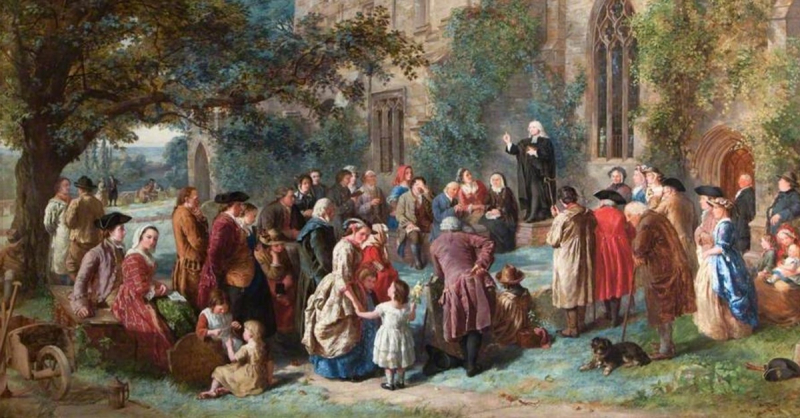
Source: acsociety 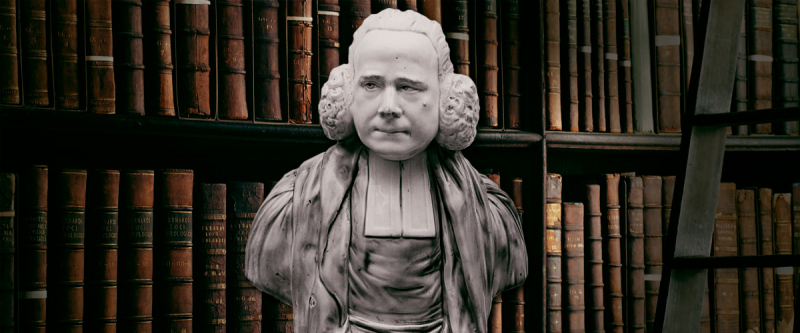
Source: reasonabletheology










